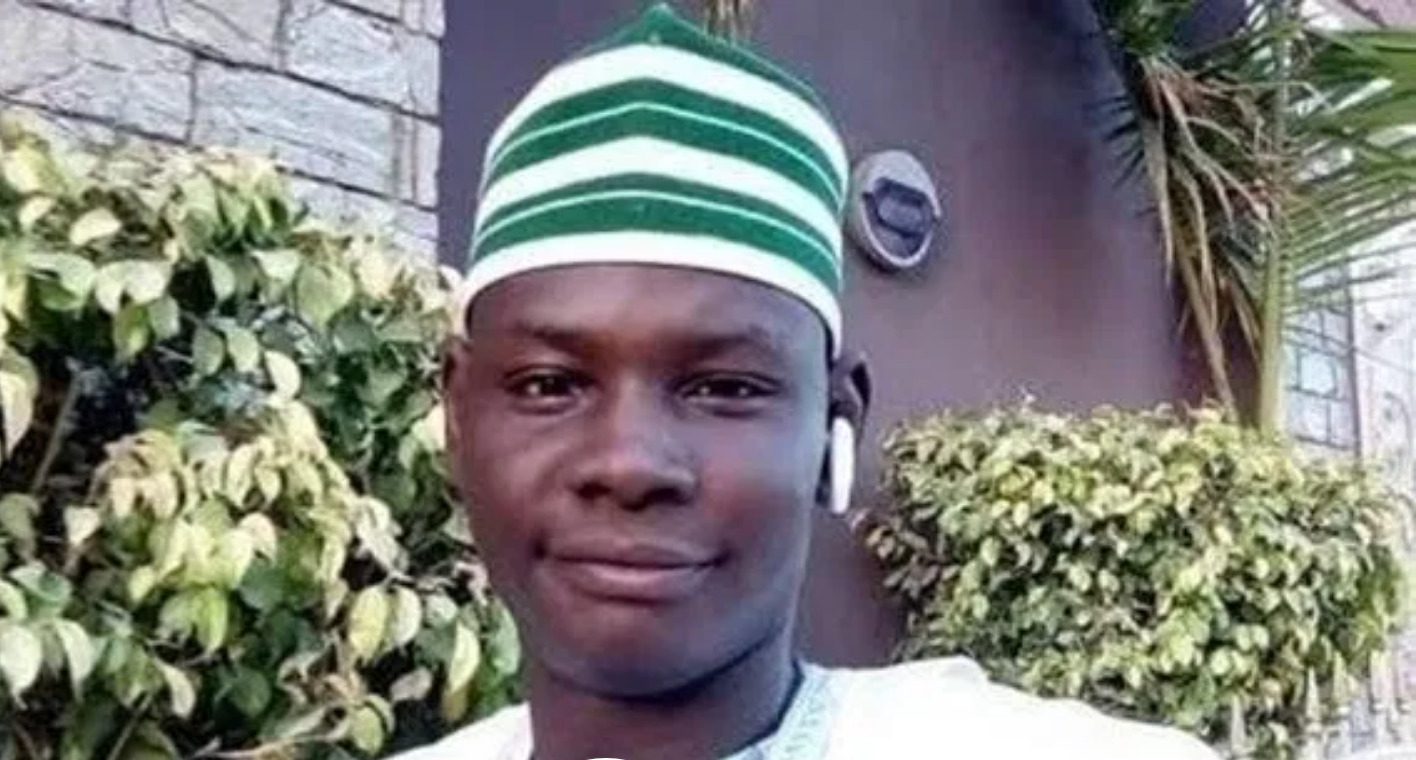China Literature, China’s top online publishing and bookselling platform, lost $465 million in the first six months of the year, reversing a $55 million profit from the first six months of 2019. The loss came despite a 10% hike in revenue, to $461 million. The company is owned by Tencent, which in 2018 led a $51 million funding round for Wattpad, the Canadian social writing platform. China Literature attributes a large proportion of this year’s loss to mismanagement of their acquisition of New Classics Media, a film and television production company it acquired in 2018 for $2.2 billion.
Last year, China Literature also encountered challenges when the Chinese government accused affiliated companies of publishing salacious material. China Literature’s stock price plummeted and it’s valuation was cut by nearly three-quarters of a billion dollars. It has since recovered somewhat, but shares were down on the latest earnings release.
Company executives have admitted that China LIterature’s business model may be broken. The firm has long relied on a model in which readers make micro-payments to read on the site, as well as rights sales for print publishing, and TV and film adaptations. The Covid-19 crisis slowed IP sales dramatically in the first six months of the year, with revenue down 41.5% and physical book sales and affiliated revenue dropped more than 50%
In addition, a new free-to-read app introduced last year proved unpopular and proposed changes to the way writers are compensated sparked a backlash among the site’s authors.
“The first half of 2020 presented tremendous challenges for China Literature,” said Cheng Wu, CEO of China Literature in a statement. “The sudden outbreak of the COVID-19 pandemic and a complex and changing macro-environment had a negative impact on our business. The Company recorded a loss for the first time in many years. The disappointing results made us realize that the lack of resilience of our underlying business model and our structural issues that have piled up over the recent years. We will take actions to actively deal with these challenges and have already quickly responded to address some of the most urgent issues affecting the cornerstones of our business.”
In a rare expression of candor for a Chinese business executive, Cheng Wu, continued, “Going forward, we will focus on upgrading our content, platform and ecosystem to unlock the core values of the Company and to achieve a turnaround. In the long run, we are prepared to adopt a new culture and creative ideas from a more strategic and multi-dimensional perspective. We will also work with our strategic partners including Tencent to develop the industry together, with a more open and positive attitude, and invest in our future with greater courage and patience.”
One possible correction may involve putting more effort into building it’s English-language presence: China Literature launched an English-language site, Webnovel, several years ago, and postings to self-publishing forums indicate the company has been actively recruiting more English-language writers to the site in recent months and the company launched a $10,000 writing contest in June.













